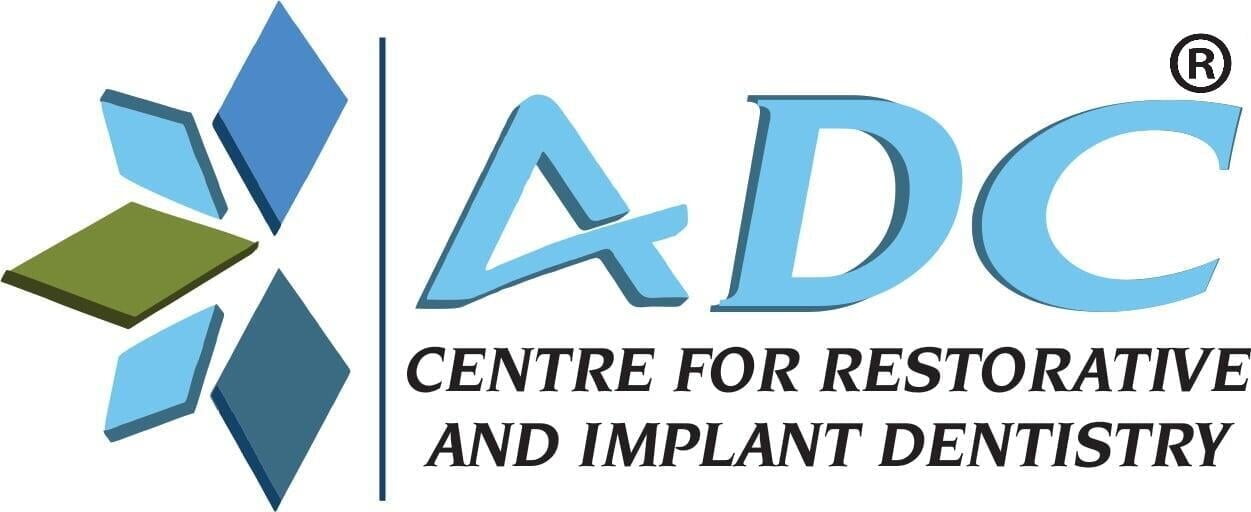Losing teeth—whether due to decay, injury, or age—is more common than you may think. But it doesn’t have to mean losing your ability to eat, speak, or smile confidently. Dentures remain one of the most reliable and accessible tooth replacement solutions available today. But are they the right choice for you?
In this guide, we’ll walk you through what dentures are, who they’re best suited for, the different types, and the benefits and limitations—so you can make an informed decision about your oral health.
What Are Dentures?
Dentures are custom-made removable prosthetic appliances designed to replace missing teeth and surrounding tissues. They help restore function, aesthetics, and oral health. Today’s dentures are more advanced than ever—offering improved fit, durability, and a natural appearance.
There are two main types:
- Complete (Full) Dentures – for individuals missing all teeth in the upper or lower jaw.
- Partial Dentures – for those who still have some natural teeth remaining.
You can also opt for implant-supported dentures, which combine traditional dentures with the stability of dental implants.
Who Needs Dentures?

You may be a good candidate for dentures if:
- You’ve lost multiple teeth due to gum disease, decay, or trauma.
- You have difficulty eating or speaking due to missing teeth.
- Your remaining teeth are loose or compromised.
- You’re experiencing facial sagging or premature aging from tooth loss.
- You’re not ready or medically fit for dental implants or bridges.
Dentures can restore your oral functionality, confidence, and overall quality of life.
What Are the Alternatives?
While dentures are a popular choice, they’re not the only option for tooth replacement. Alternatives include:
- Dental Implants – surgically placed titanium posts that serve as permanent roots for artificial teeth.
- Implant-Supported Dentures – removable or fixed dentures anchored to implants for better stability.
- Dental Bridges – fixed restorations that bridge the gap between existing teeth.
Each option has pros and cons depending on your age, jawbone health, budget, and long-term goals. A consultation with a prosthodontist or dental implantologist can help you explore these alternatives in depth.
Benefits of Dentures
Restored Appearance and Confidence: Dentures fill out your cheeks, support your lips, and give you a natural-looking smile.
Improved Function: You’ll be able to chew and speak more comfortably than with missing teeth.
Non-Surgical Option: For patients unable or unwilling to undergo surgery, removable dentures offer a safe and accessible solution.
Customizable Fit and Material: Modern dentures are made from lightweight, durable materials and can be tailored to match your natural teeth.
Cost-Effective: Compared to implants and bridges, dentures are often more budget-friendly, especially for full-arch replacements.
Challenges to Consider
Adjustment PeriodI: t takes time to get used to wearing dentures. You may experience soreness, slippage, or difficulty speaking at first.
Maintenance Required: Dentures must be cleaned daily and soaked overnight to keep them hygienic and maintain their shape.
Not as Stable as Implants: Traditional dentures can shift while eating or talking, especially lower jaw dentures.
May Require Relines or Replacements: Over time, your jawbone changes, which can affect the fit. Regular dental checkups and relining may be needed.
Are You a Candidate?
A good candidate for dentures is someone:
- Missing multiple teeth or a full arch
- Looking for a cost-effective, non-invasive tooth replacement
- Willing to maintain proper hygiene and attend follow-up appointments
- Open to an adjustment period and committed to adapting
If you have severe bone loss or certain medical conditions, your dentist might suggest an implant-supported denture or partial solutions. Every case is unique, which is why a comprehensive oral examination is essential.
The Process of Getting Dentures
- Dental Evaluation: Your dentist will assess your gums, bone, and remaining teeth.
- Tooth Extraction (if needed): Any unsalvageable teeth are removed.
- Impressions: Custom molds are taken to fabricate a precise fit.
- Try-In and Adjustments: You'll preview the fit and aesthetics before finalizing.
- Final Denture Placement: Once complete, you’ll receive instructions for care and maintenance.
- Follow-Up Visits: Regular checkups ensure comfort, fit, and function over time.
Dentures are a time-tested, reliable solution for replacing missing teeth—especially when cost, surgery, or bone health limit other options. They offer functional, aesthetic, and emotional benefits that can significantly improve your daily life.
However, like any dental restoration, dentures aren’t one-size-fits-all. The best way to determine if they’re right for you is to consult with a trusted dental professional who can evaluate your oral health, goals, and lifestyle.
Your smile is worth restoring—don’t let tooth loss hold you back.














